I solved this with a completely different approach, using only Xcode's Source Control.
Background: Another team Pushed changes to the remote Git repository (via Beanstalk). On my end, the .xcodeproj files came in under different directory, and the changes didn't take. Later, when I tried to commit, I received a Tree Conflict error in Xcode.

Being nearly impossible to correct using Xcode, I replaced the .xcodeproj file with a downloaded version from the Git server. The result... the Xcode project appeared to clear up, however all the updates from the corrupt Pull were showing up as changes I made and were Staged for a Commit.

However when trying to Commit, I received the same "fatal: cannot do a partial commit during a merge" error, discussed here.
Here's how I solved the problem... (Now, understand that I'm a rookie programmer, so I could lack some understanding... but my ignorance led me to find another way to do this.) First, I Cloned my master Branch into a secondary Branch and switched to that branch. Then I created a Working Copy and placed the directory to that working copy outside of the original project directory. (I don't know if this was necessary, but its what I did as I read other troubleshooting techniques.) Then I switched branches to the master, where I realized all my Staged files (changes to Commit) were gone. To make sure all the files were updated to the latest changes made by the other party, I created a new branch called ThirdBranch, which duplicated all files, Pushed it to the Git Server and let Beanstalk compare my server version of the master branch to the ThirdBrach branch I just Pushed (line by line), and all the changes by the other party were present on my Xcode. This meant that my master repository and the Git master repository were the same, which verifies that I solved the problem using Xcode, only.
Don't ask me how, beyond what I just described... and certainly fill in the gaps I left out. I'm new at this and I don't understand everything. Maybe an experienced programmer can separate the irrelevant info from the relevant and recreate this technique more clearly, which is in part why I'm posting this.
This is a duplicate answer to duplicate question as at: Failed Xcode Git Merge is stuck

